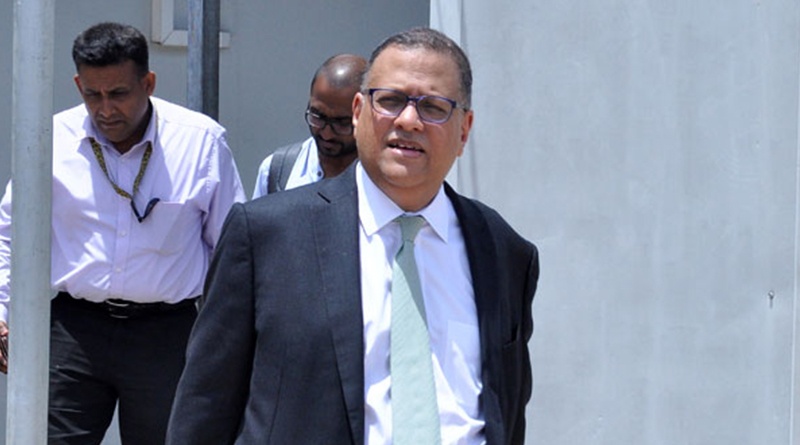The Singaporean government’s continued refusal to extradite former Sri Lankan Central Bank Governor Arjuna Mahendran has sparked outrage and disappointment among Sri Lankans seeking justice for one of the country’s largest financial fraud cases. Mahendran, a key suspect in the infamous Central Bank bond scam, has been evading justice since he fled Sri Lanka in 2016. Despite repeated requests from the Sri Lankan government, Singapore has declined to facilitate his extradition, raising serious concerns about international accountability and legal cooperation.
The Central Bank bond scam of 2015-2016 resulted in an estimated loss of billions of Sri Lankan rupees, causing significant financial strain on the country’s economy. As the then-Governor of the Central Bank, Mahendran played a central role in the alleged misconduct, which led to public outrage, political turmoil, and severe economic repercussions. His actions contributed to the erosion of trust in financial institutions and exacerbated Sri Lanka’s economic challenges.
The Sri Lankan judiciary has issued arrest warrants and filed multiple charges against Mahendran, yet he continues to reside freely in Singapore. His refusal to return and Singapore’s reluctance to assist in his extradition only deepen the perception that high-profile financial criminals can evade justice with impunity.
Singapore and Sri Lanka have historically shared strong diplomatic and economic ties. However, Singapore’s decision to deny extradition contradicts the principles of legal cooperation and mutual accountability that should exist between friendly nations.
The Sri Lankan government has formally requested Mahendran’s extradition under the existing legal frameworks, including the United Nations Convention Against Corruption (UNCAC), to which Singapore is a signatory. Despite this, Singapore has cited legal and procedural reasons for its refusal, leading to growing frustration among Sri Lankan authorities and citizens alike.
Financial crimes of this magnitude have cross-border implications, making international cooperation essential for ensuring justice. If nations selectively enforce extradition laws or shield financial offenders, it sets a dangerous precedent that weakens global efforts to combat corruption and financial misconduct.
Singapore, known for its strong stance against corruption and its well-regarded legal system, should demonstrate its commitment to justice by reconsidering its position on Mahendran’s extradition. By refusing to do so, Singapore risks being perceived as a safe haven for white-collar criminals seeking refuge from accountability.
A Call for Action
The Sri Lankan government must continue to exert diplomatic and legal pressure to ensure that Mahendran faces trial in Sri Lanka. Civil society organizations, legal experts, and international anti-corruption bodies must also advocate for his extradition, emphasizing the importance of justice and transparency.
Singapore, as a responsible member of the international community, must reassess its stance on this matter. Upholding the rule of law and fostering international legal cooperation should take precedence over any other considerations. Failure to do so will only harm Singapore’s reputation and erode trust in its commitment to justice.
The people of Sri Lanka deserve answers, accountability, and most importantly, justice. The continued evasion of Arjuna Mahendran from facing trial is not just a national issue, it is a global concern that underscores the need for stronger international cooperation against financial crime. The world is watching, and it is time for Singapore to do the right thing.
 Arjuna Ranasinghe
Arjuna Ranasinghe
Marine Chief Engineer
MBM, (Colombo),MarEng Class 1,
BSc MarEng,(Dalian)






Be First to Comment